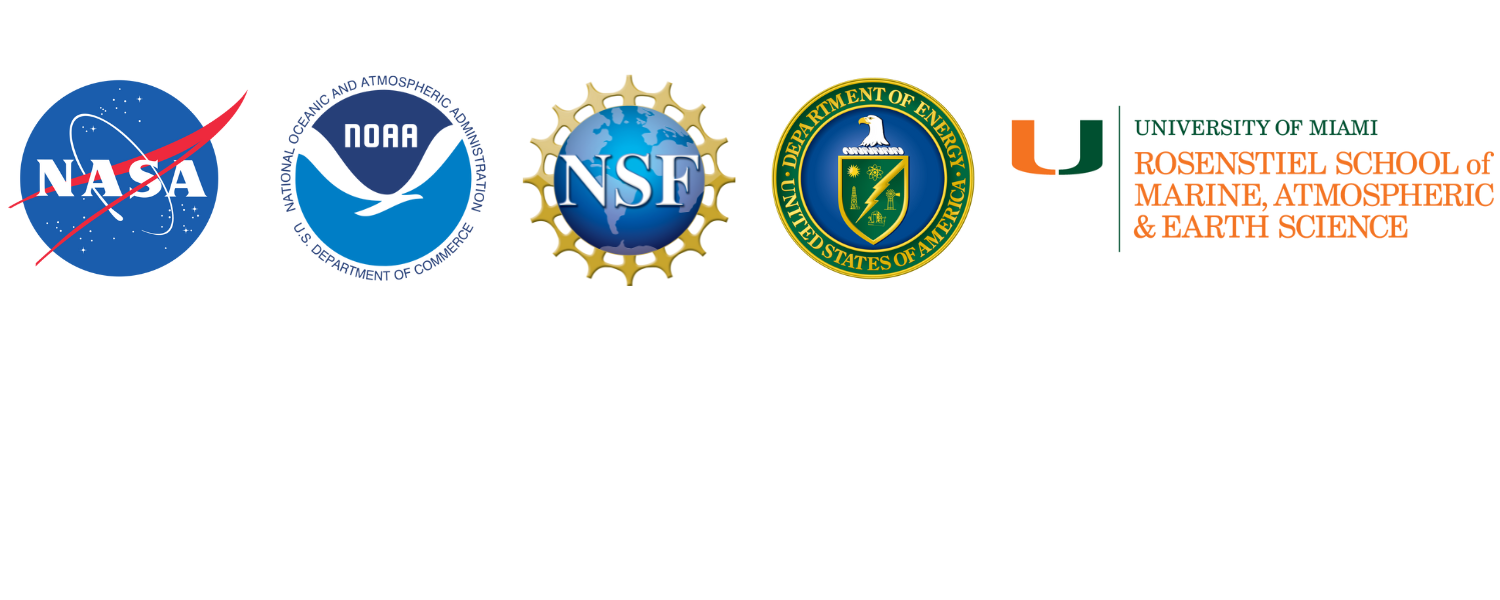Ocean Uncertainty Quantification Summer School
Data characterizing the ocean are inherently estimates and are therefore uncertain. This is true of all in situ and remotely sensed observations—of, say, sea surface temperature or sea level—as well as of outputs and forecasts from numerical models and of analysis products resulting from the synthesis of observations and models. Hence, in oceanography, the goal is not to eliminate uncertainty in data, but instead to better quantify and clearly communicate its size and nature.
In this summer school program you will delve into the challenges of estimating the uncertainties of ocean and climate data. You will explore the unique challenges in quantifying uncertainties in different data types, from in-situ errors to satellite validation needs. With the ever-increasing volume of observational and model data, we will tackle the critical issues and limitations in uncertainty quantification. Join us to enhance your skills in handling and interpreting oceanic data with confidence!
The US CLIVAR Working Group on Ocean Uncertainty Quantification (UQ) is organizing an exciting summer school with the objective of teaching best practices for improving the undertaking, derivation, and utilization of the uncertainties of ocean data to the next-generation of physical oceanographers, climate scientists, and data scientists. Participants will be selected upon their applications, from different backgrounds and from the oceanographic, climate, and statistical scientific communities.
Objectives
Specifically, the summer school will:
- Deliver a series of lectures, practical computer-based activities, and talks from recognized scientists
- Provide students with hands-on tutorials and activities that will lead to student-led presentations
- Generate and publish pedagogical materials including lectures, demonstrations, and code that can be used by educators and researchers
Specific topics will include:
- Concepts and philosophies of uncertainty quantification
- Nature of in-situ observations, remote sensing data, and model outputs
- Statistical methods and applications, including statistical foundations of UQ, spatio-temporal modeling and mapping, spectral methods, bootstrapping, and forecasting
- Uncertainty in data assimilation and reanalysis products
Target Participants
Attendance is open to up to 20 students enrolled in a PhD or Masters program (or graduated in 2023), with participation sought from the physical ocean sciences, remote sensing of the ocean, statistics and data science, and climate science communities. This school will strive to be inclusive of attendees across backgrounds and identities. Participants will receive full travel support to attend the summer school.
Summer School Format
The summer school will take place in-person over 4.5 days on the campus of the Rosenstiel School of Marine, Atmospheric, and Earth Science in Virginia Key, Miami, FL. The format each day will be morning lectures, afternoon computer-based group activities, and late afternoon informal talks given by local scientists. Lectures and practical activities will be delivered by members of the Ocean Uncertainty Quantification Working Group.
Outcomes
Building community and fostering discussion in a safe and fun environment is a core objective of the summer school. Additionally, students will develop technical skills beneficial to their career development. Curricula, lectures, code books, and how-to guides will be shared after the school.
Application Timeline
- Application opens Thursday, February 15
- Application closes Monday, April 1
- Selected summer school participants will be notified in late April
Summer School Organizing Committee
Shane Elipot (co-chair), University of Miami
Aneesh Subramanian (co-chair), University of Colorado
Amy Braverman, NASA Jet Propulsion Laboratory
Mark Bushnell, US IOOS
Donata Giglio, University of Colorado
Patrick Heimbach, University of Texas at Austin
Mikael Kuusela, Carnegie Mellon University
Wendy Parker, Virginia Tech
Roberto Sabia, Telespazio-Vega UK Ltd. for ESA
Adam Sykulski, Imperial College London
Sarah Williamson, The University of Texas at Austin
Program Organizing Committee
Alyssa Cannistraci, US CLIVAR
Mike Patterson, US CLIVAR
Keri Dawn Solner, UCAR CPAESS
Summer School Sponsors


